In the world of electronics and DIY projects, soldering is an essential skill that can transform your creative ideas into reality. However, it comes with its own set of challenges, particularly when it comes to safety. Soldering releases fumes containing harmful substances like lead, flux, and other toxic chemicals. Prolonged exposure to these fumes can lead to health issues, making a fume extractor a critical tool for anyone serious about their craft. In this article, we’ll guide you through the creation of your very own 12V solder fume extractor, ensuring a safer and healthier soldering environment.
### Understanding Solder Fume Extractors
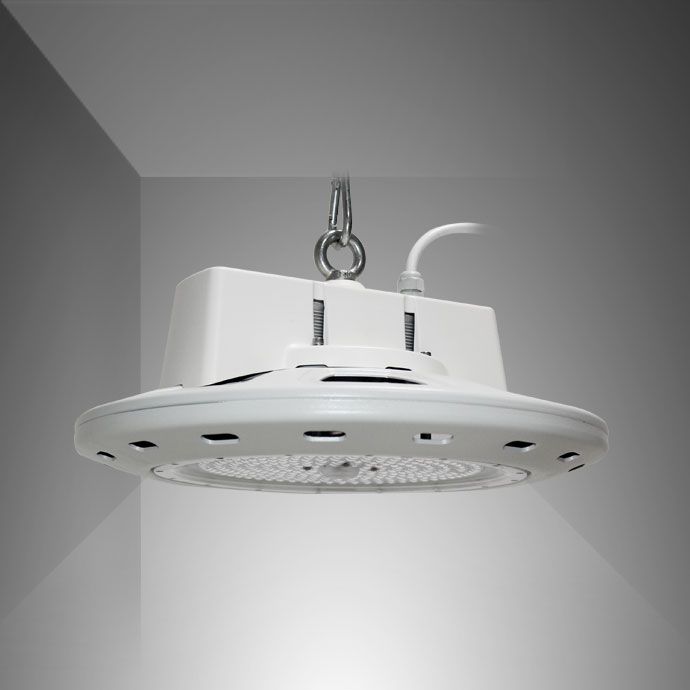
Before diving into the DIY project, it’s essential to understand what a solder fume extractor is and how it functions. Essentially, a solder fume extractor is a device designed to absorb and filter out hazardous fumes emitted during soldering. It typically comprises a fan that draws the fumes into a filter, capturing and neutralizing toxic particles.
### Why a 12V System?
Opting for a 12V system comes with several advantages. Firstly, it’s energy-efficient, making it suitable for hobbyists who might not have access to high-voltage power sources. Secondly, 12V components are widely available and generally more affordable. Additionally, a 12V system is safe to handle, minimizing the risk of electrical hazards during the DIY process.
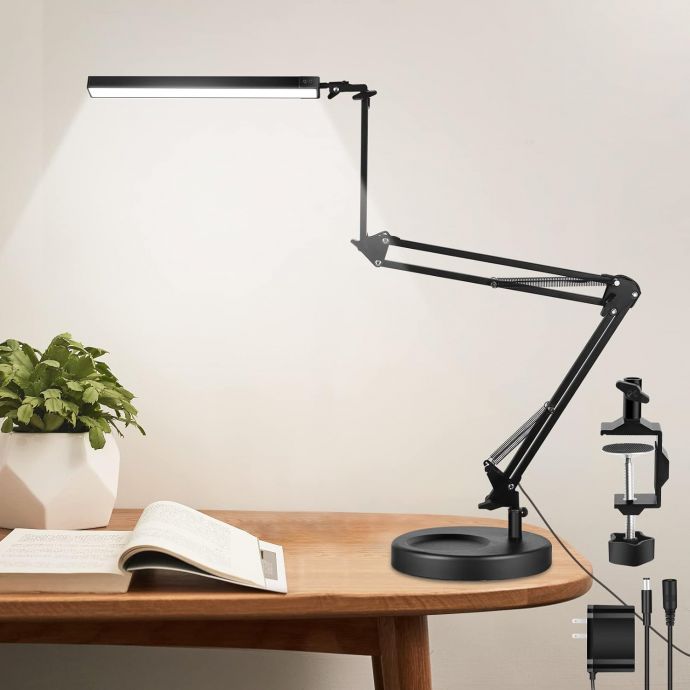
### What You’ll Need
To create your own 12V solder fume extractor, gather the following materials and tools:
- **12V DC Fan**: Preferably with a high airflow rate (measured in CFM) to effectively draw in fumes.
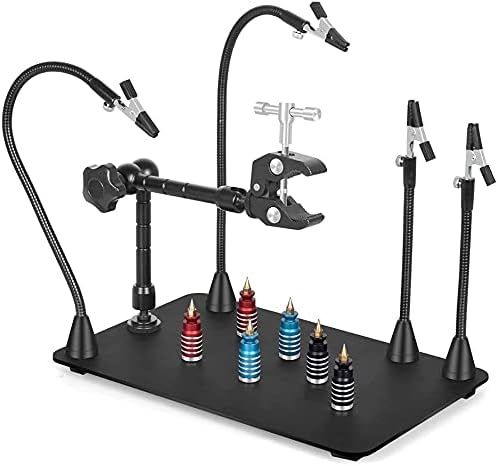
- **Activated Carbon Filter**: Essential for trapping chemicals and particles.
- **12V Power Adapter**: Powers the fan efficiently.
- **Fan Housing or Enclosure**: Can be repurposed from old equipment or purchased.
- **Soldering Iron and Supplies**: For making connections and securing components.
- **On/Off Switch**: To control the operation of the fan.
- **Gaffer’s Tape or Glue**: For securing the filter.
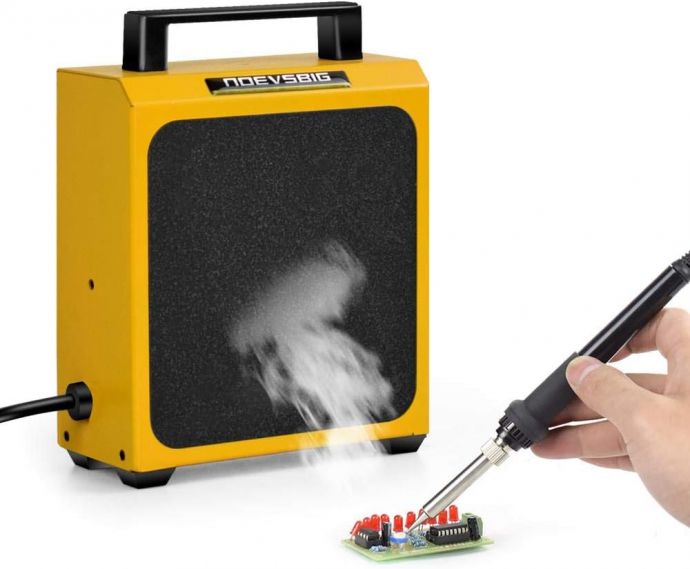
- **Basic Tools**: Screwdriver, wire stripper, utility knife, and hot glue gun.
### Step-by-Step Assembly
#### Step 1: Assembling the Basics

Start by securing the 12V fan into your chosen housing. Ensure that the fan is positioned to pull air through the intake and expel it outwards. Use screws or hot glue to firmly attach the fan to the enclosure.
#### Step 2: Installing the Filter
Next, prepare the activated carbon filter. Cut it to fit over the intake side of the fan. Secure the filter in place using gaffer’s tape or adhesive. This step is crucial as the filter plays a vital role in capturing and neutralizing harmful fumes.
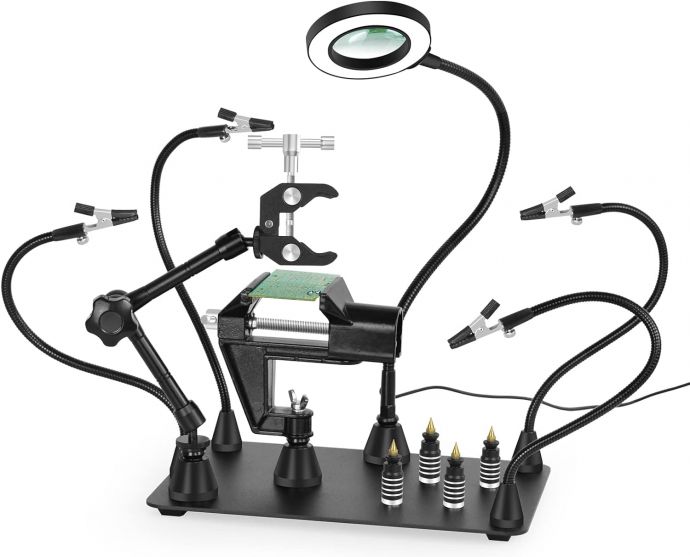
#### Step 3: Wiring the Fan
With the fan and filter in place, connect the fan to the 12V power adapter. If you’re using an on/off switch, wire it between the fan and power adapter. Use a soldering iron and solder to ensure secure and stable connections. Strip the wires accordingly, twist the ends, and solder them together. Insulate the connections with heat shrink tubing or electrical tape to prevent short circuits.
#### Step 4: Testing the Setup

Before closing the housing, test the setup by plugging in the power adapter and turning on the switch. The fan should start running smoothly, and you should feel air movement through the filter. If everything is working correctly, proceed to close the housing securely. If not, double-check your connections and solder points.
#### Step 5: Final Touches and Maintenance
Once your fume extractor is operational, label the switch for easy identification. Place the extractor near your soldering station, ideally in a position where it can effectively capture fumes directly from the source. Periodically check the filter for dirt and saturation—replace it as needed to maintain efficiency.
### Enhancing Effectiveness
To further enhance the effectiveness of your 12V solder fume extractor, consider the following tips:
- **Positioning**: Place the extractor as close to the soldering area as possible. The closer it is, the more effective it will be in capturing fumes immediately.
- **Ventilation**: Ensure your workspace is well-ventilated. While the extractor significantly reduces fumes, good airflow will further enhance safety.
- **Filter Maintenance**: Regularly check and replace the activated carbon filter to ensure optimal performance. Over time, filters become saturated and less effective.
### Conclusion: A Safer Soldering Environment
Creating your own solder fume extractor isn’t just an exercise in DIY creativity; it’s a vital step towards a safer working environment. By absorbing, removing, and preventing harmful smoke, your homemade extractor will allow you to focus on your projects without compromising your health. Moreover, the skills and experience gained from this project will enhance your DIY mastery, empowering you to tackle more innovative and complex endeavors in the future.
With safety measures in place, the world of soldering is yours to explore – unfettered by the limits of commercial products, you hold the power to create a space that’s not only functional but tailored to your needs and creative vision.









